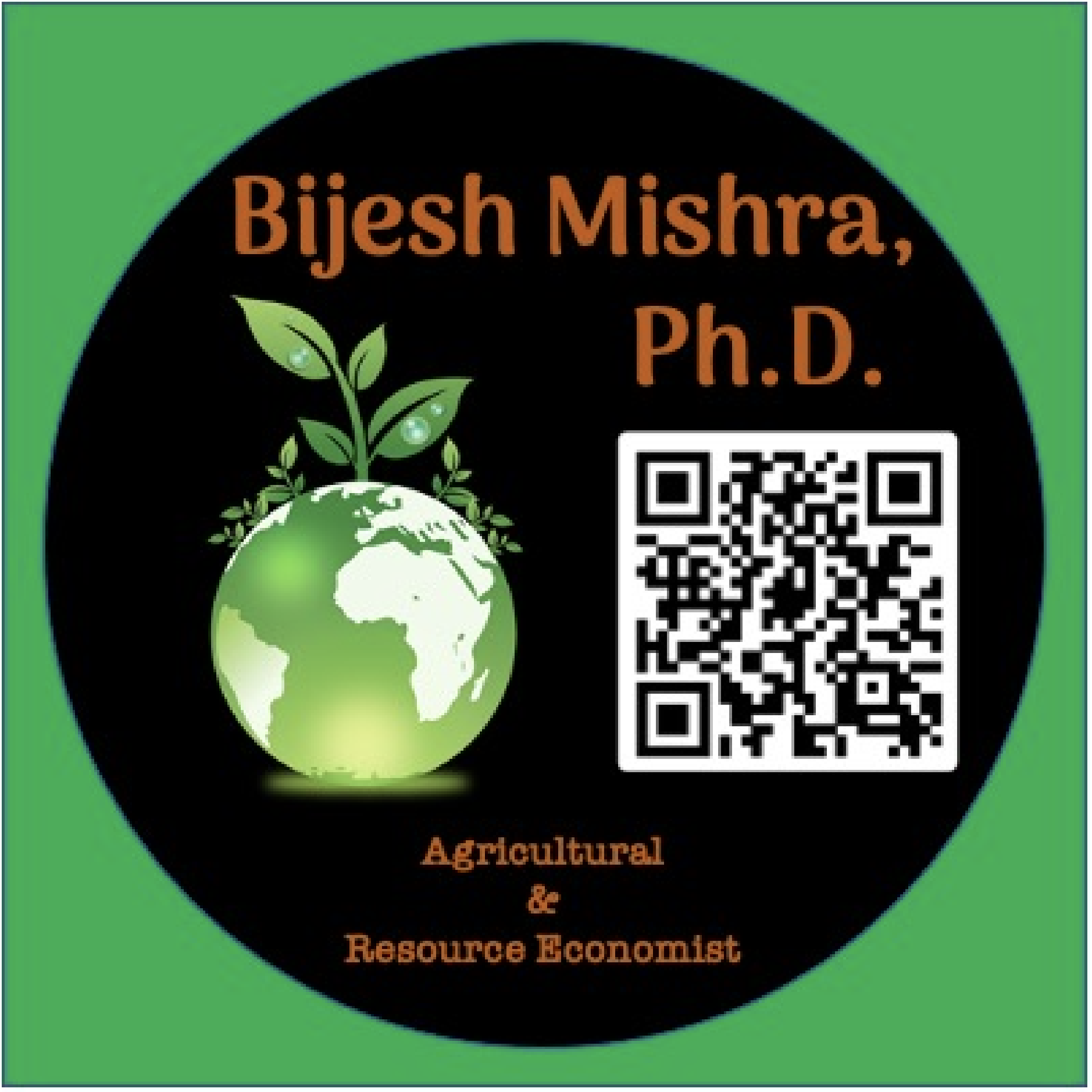(Award Winning blog-post in Blogging Competition 2012 organized by United Nations Environment Program (UNEP). Theme of Competition: “The Green Economy: Does it Include You?”)
“Self-interest makes some people blind, and others sharp-sighted.” –François de La Rouchefoucauld
“The name of the game is taking care of yourself, because you’re going to live long enough to wish you had.” –Grace Mirabella
When it comes to being self-interested, I don’t think the important question is whether you are or not. That’s because, like 17th century author François de La Rouchefoucauld, I believe that every human act is fundamentally self-interested.
Instead, I think the important question concerns which you value more: long-term self-interest or short-term self-interest. I’m convinced this is also the most important consideration when asking, “Am I a part of the green economy?”

When I first began to contemplate that question, the theme of this year’s World Environment Day, I was surprised to realize that my participation in the green economy is principally characterized by what I choosenot to do. This came as a surprise because it’s contrary to the popular notion of what an economy is. In the West, we are taught that whether the economy prospers depends on how much we consume.
To me, the idea of living a ‘green lifestyle’ in a ‘green economy’ is largely about subtracting from the traditional economy. It’s about renting a bicycle from a bike-sharing program instead of owning a bike. It’s about growing your own food using organic practices instead of buying organic food from a multinational corporation.
It’s not about shopping online for a chair made from a recycled wine barrel–it’s about realizing you don’t needa chair made from a recycled wine barrel.
I haven’t yet made all the green lifestyle choices I’d like to make. But I aspire to, and I recognize that making them or not is almost always a decision between my short-term interests and my long-term ones. That’s true in at least three ways:
1) Green choices often save money. For instance, if I walk instead of commuting by bus or car, I save the cost of bus fare–or the cost of gas, insurance, and maintenance of a car.
2) Green choices make me happier. Since they often save money, making them allows me to reduce the time I have to spend working, and to use that time to cultivate relationships with family, friends and members of my community. Research demonstrates that’s what makes us truly happy.
3) Green choices help preserve the environment and ecological systems upon which humanity’s existence depends. It may serve my short-term gratification to consume five times my share of resources, but it doesn’t serve my long-term interest in surviving.
The traditional economy is based on neverending expansion, and it’s practically redundant to point out that’s unsustainable on a finite planet. Businesses need to look beyond the next quarterly report. And we all need to make do with much less, and what we do use, we need to reuse–over and over again. That’s the green economy.

I live in Canada, and here, it often seems like our government isn’t interested in including its citizens in the green economy–despite that85% of us think we should be. In December of 2011, Canada withdrew from the Kyoto accord, having failed to honour its commitment to limiting greenhouse emissions. Instead, Canada’s emissions have risen by around a third since 1990, and since President Obama rejected the Keystone XL Pipeline (which would have transported carbon-dense tar sands oil from Alberta to the Gulf of Mexico for processing), the Canadian government has vowed to “diversify and expand our [oil] markets”. My government is prioritizing short-term profit over long-term stability.
I think it’s important both for Canadians and for citizens of the world to always consider their long-term interests. And, given all the carbon that will be emitted and all the resources that will be used, I think it’s crucial that whoever wins this competition works hard to cover World Environment Day 2012 in a way that is interesting and accessible to all.
Related articles
- Eat.Think.Save: Reduce your Foodprint! (bijeshmishra.wordpress.com) (participating blog-post in WED Green Blogging Competition 2013 organized by UNEP and Treehunger. Please help me to win the competition by reblogging, liking and posting comments in Eat.Think.Save: Reduce your Foodprint!)
- Green Bloggers: Blogging Competition to cover World Environment Day 2013 (bijeshmishra.wordpress.com)
- Mongolia as Global Host of WED 2013 (bijeshmishra.wordpress.com)
- WED A-Z (bijeshmishra.wordpress.com)
